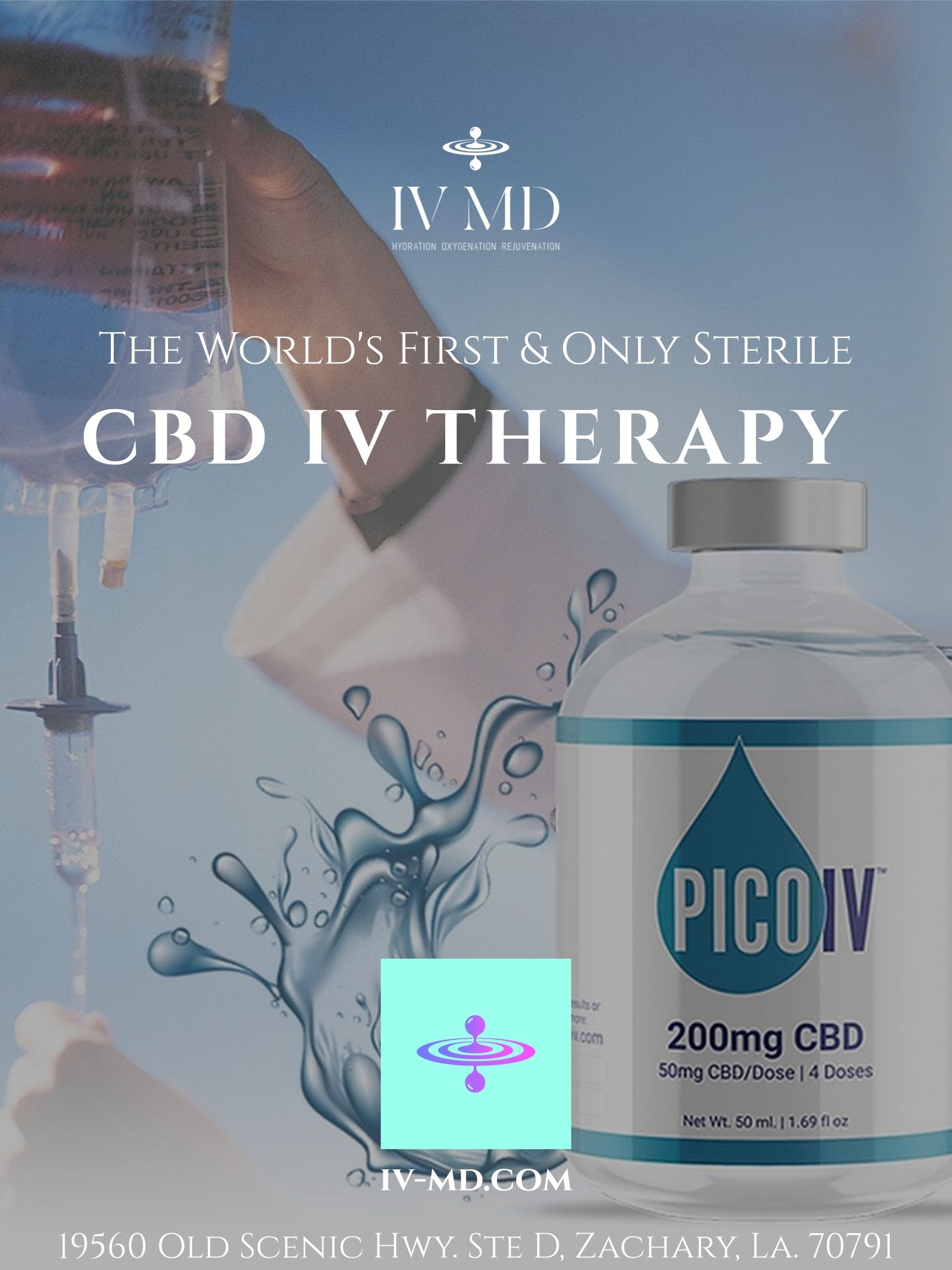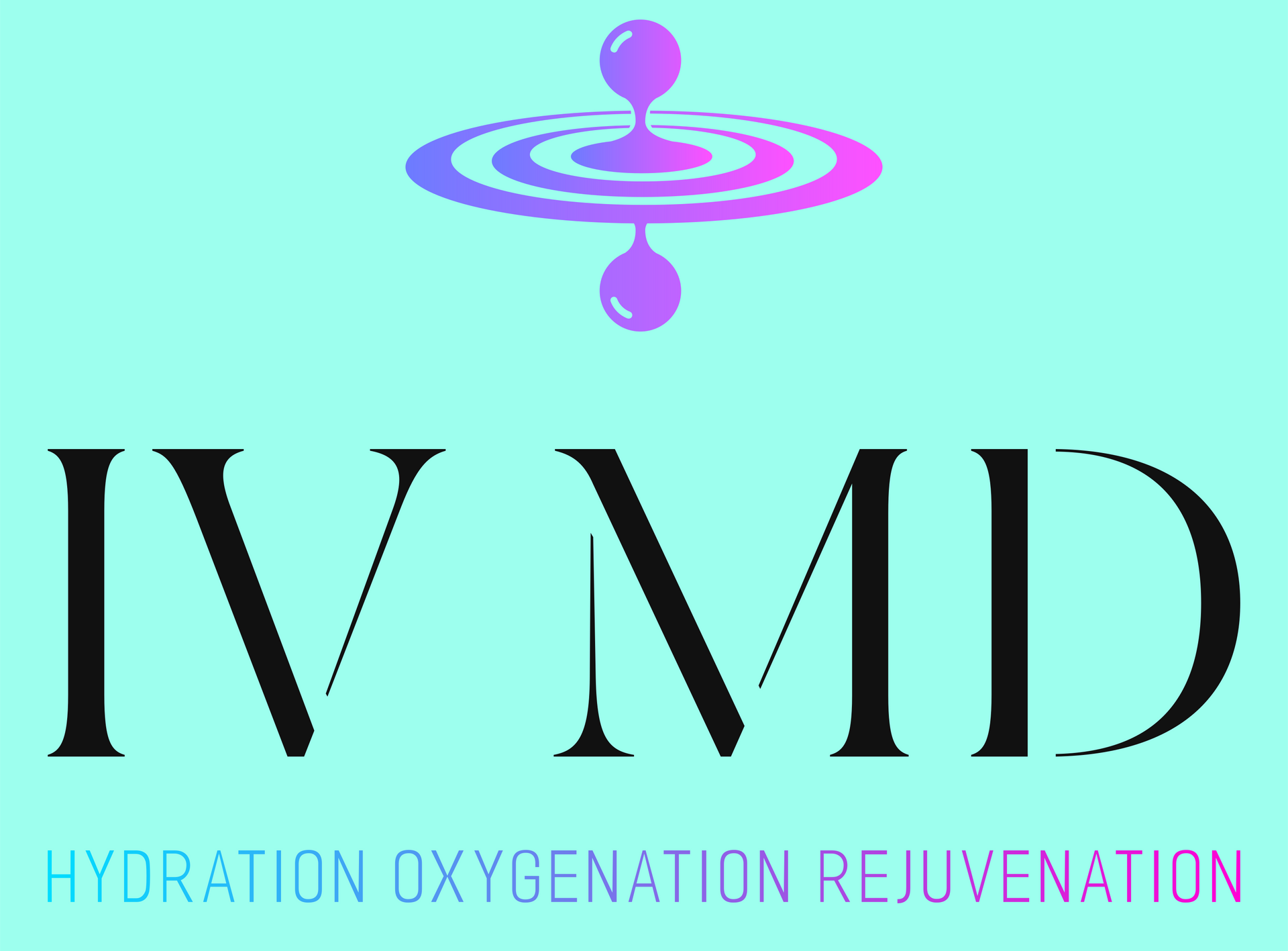The Strong Benefits of B Complex Vitamins & IV Therapy
Key Points
The listing and explanation of the different B-complex vitamins.
The benefits of B-complex vitamins and the need for administering these vitamins through IV therapy.
The Benefits of B complex Vitamins
When delivered intravenously (IV), B complex vitamins can provide a rapid and efficient method for replacing the body's essential nutrients. These vitamins, which comprise B1, B2, B3, B5, B6, and B12, serve crucial roles in maintaining correct biological processes, such as energy metabolism, brain function, and skin, hair, and eye health. By giving B complex vitamins intravenously, the body can absorb and utilize these nutrients more quickly, resulting in increased energy, decreased stress, and other possible health benefits.
What are the different B complex Vitamins?
Vitamin B1 (Thiamine)
Vitamin B1 prevents complications in the nervous system, cardiovascular system, and gastrointestinal tract. It also plays a vital role in electrolyte flow between extracellular fluid and the muscle or nerve cells. Vitamin B1 deficiency causes beriberi, which affects the heart, nerves, and digestive system.
Vitamin B2 (Riboflavin)
Riboflavin is necessary for maintaining the body’s energy supply. This vitamin converts carbohydrates to Adenosine Triphosphate (ATP) – the form with which the human body stores energy. Vitamin B2 has other
benefits, including:
- Maintaining healthy skin, eyes, and muscles
- Producing hormones by the adrenal gland.
- Preventing cataract formation
- Keeping the liver healthy
- Converting tryptophan into niacin
- Aids in fetal development
- Vitamin B3 (Niacin)
- Niacin reduces the bad “LDL” cholesterol level by 5-20%. Thus, it is used for managing individuals who have high levels of bad cholesterol and are unable to tolerate statins. Similarly, Vitamin B3 increases the level of HDL cholesterol by 15-35%.
Vitamin B3
reduces oxidative stress and inflammation, which are causative factors in the development of atherosclerosis (hardening of the arteries). Studies show that niacin reduces the risk of Type-1 diabetes in children at risk. Niacin also protects the skin cells from sun damage and is used in the management of pellagra.
Vitamin B5 (Pantothenic Acid)
The benefits of pantothenic acid include:
- Maintenance of healthy skin, hair, and eyes
- Assists in the synthesis of sex and stress-related hormones in the adrenal gland
- Production of red blood cells
- Maintenance of a healthy gastrointestinal tract
Vitamin B6 (Pyridoxine)
Vitamin B6 is essential for mood control as it is involved in the production of neurotransmitters such as dopamine, and serotonin, among others. This vitamin also prevents eye diseases, especially age-related macular degeneration. There is a possibility that pyridoxine helps in cancer prevention. It is also likely that vitamin B6 reduces the risk of heart disease and prevents Alzheimer’s disease.
Furthermore, pyridoxine is used in managing symptoms associated with premenstrual syndrome, including depression, anxiety, and irritability. Vitamin B6 has played a vital role in the treatment of nausea and vomiting during pregnancy.
Vitamin B9 (Folic Acid)
Vitamin B9 is vital for preventing congenital disabilities such as spina bifida and anencephaly. Thus, pregnant women are advised to take folic acid during gestation. One paper shows that people with lower levels of folic acid in the blood have a greater chance of being depressed. Similarly, Vitamin B9 helps in blood sugar control. This vitamin also reduces homocysteine levels, which are associated with impaired kidney functions in higher quantities.
Vitamin B12 (Cobalamin)
Vitamin B12 is recommended for persons with the condition of megaloblastic anemia, which causes fatigue and tiredness. Vitamin B12 also prevents the onset of age-related macular degeneration. Furthermore, this vitamin metabolizes and synthesizes serotonin, which is responsible for mood regulation. Vitamin B12 deficiency is associated with memory loss. Thus, a regular intake of Vitamin B12 has a positive effect on memory and cognitive function.
Biotin
The benefits of this vitamin include:
- Breakdown of macronutrients including carbohydrates, proteins, and fats
- Improve the strength of toenails and fingernails.
- Regulating blood sugar in people with Type-2 diabetes
- Helps in the management of Multiple Sclerosis
- Maintenance of healthy skin
Receiving Vitamin B complex through IV Therapy
Intravenous infusion is recommended for patients with fever, severe burns, increased metabolism, pregnancy, alcoholism, and gastrointestinal disorders that cause impaired absorption of vitamins. The recommended dosage ranges between 0.25mL and 2mL. The contents of 1mL Vitamin B complex injection include thiamine Hydrochloride 100 mg, Riboflavin 5’ Phosphate Sodium 2 mg, Pyridoxine Hydrochloride 2 mg, Dexpanthenol 2 mg, and Niacinamide 100 mg.
Final Words
B complex vitamins are essential water-soluble nutrients necessary for the maintenance of healthy skin, eyes, and digestive tracts. A deficiency of these vitamins, for any reason, can cause a myriad of health problems. IV therapy is the best option for individuals who need these vitamins, as they are better absorbed by the body when administered intravenously.
CONTACT US





